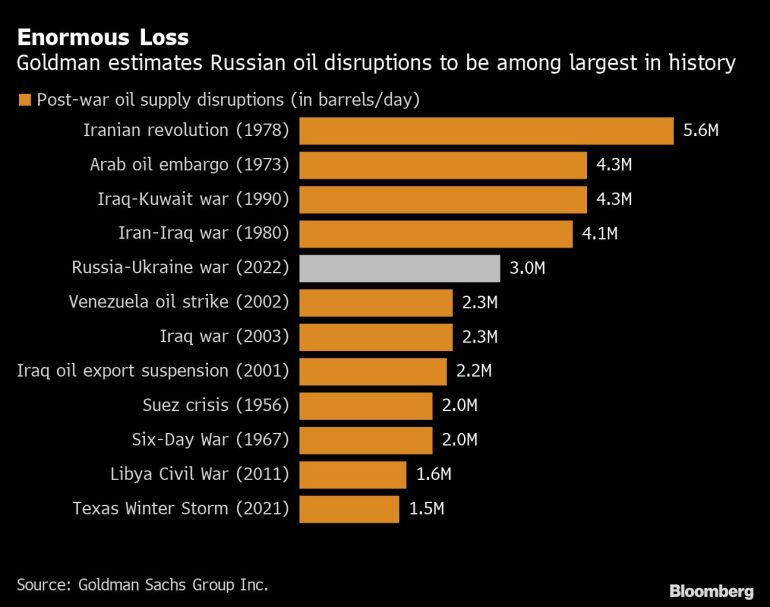Dollarama Inc.’s food aisles may have expanded far beyond sweet treats or piles of gum by the checkout counter in recent years, but its chief executive maintains his company is “not in the grocery business,” even if it’s keeping an eye on the sector.
“It’s just one small part of our store,” Neil Rossy told analysts on a Wednesday call, where he was questioned about the company’s food merchandise and rivals playing in the same space.
“We will keep an eye on all retailers — like all retailers keep an eye on us — to make sure that we’re competitive and we understand what’s out there.”
Over the last decade and as consumers have more recently sought deals, Dollarama’s food merchandise has expanded to include bread and pantry staples like cereal, rice and pasta sold at prices on par or below supermarkets.
However, the competition in the discount segment of the market Dollarama operates in intensified recently when the country’s biggest grocery chain began piloting a new ultra-discount store.
The No Name stores being tested by Loblaw Cos. Ltd. in Windsor, St. Catharines and Brockville, Ont., are billed as 20 per cent cheaper than discount retail competitors including No Frills. The grocery giant is able to offer such cost savings by relying on a smaller store footprint, fewer chilled products and a hearty range of No Name merchandise.
Though Rossy brushed off notions that his company is a supermarket challenger, grocers aren’t off his radar.
“All retailers in Canada are realistic about the fact that everyone is everyone’s competition on any given item or category,” he said.
Rossy declined to reveal how much of the chain’s sales would overlap with Loblaw or the food category, arguing the vast variety of items Dollarama sells is its strength rather than its grocery products alone.
“What makes Dollarama Dollarama is a very wide assortment of different departments that somewhat represent the old five-and-dime local convenience store,” he said.
The breadth of Dollarama’s offerings helped carry the company to a second-quarter profit of $285.9 million, up from $245.8 million in the same quarter last year as its sales rose 7.4 per cent.
The retailer said Wednesday the profit amounted to $1.02 per diluted share for the 13-week period ended July 28, up from 86 cents per diluted share a year earlier.
The period the quarter covers includes the start of summer, when Rossy said the weather was “terrible.”
“The weather got slightly better towards the end of the summer and our sales certainly increased, but not enough to make up for the season’s horrible start,” he said.
Sales totalled $1.56 billion for the quarter, up from $1.46 billion in the same quarter last year.
Comparable store sales, a key metric for retailers, increased 4.7 per cent, while the average transaction was down2.2 per cent and traffic was up seven per cent, RBC analyst Irene Nattel pointed out.
She told investors in a note that the numbers reflect “solid demand as cautious consumers focus on core consumables and everyday essentials.”
Analysts have attributed such behaviour to interest rates that have been slow to drop and high prices of key consumer goods, which are weighing on household budgets.
To cope, many Canadians have spent more time seeking deals, trading down to more affordable brands and forgoing small luxuries they would treat themselves to in better economic times.
“When people feel squeezed, they tend to shy away from discretionary, focus on the basics,” Rossy said. “When people are feeling good about their wallet, they tend to be more lax about the basics and more willing to spend on discretionary.”
The current economic situation has drawn in not just the average Canadian looking to save a buck or two, but also wealthier consumers.
“When the entire economy is feeling slightly squeezed, we get more consumers who might not have to or want to shop at a Dollarama generally or who enjoy shopping at a Dollarama but have the luxury of not having to worry about the price in some other store that they happen to be standing in that has those goods,” Rossy said.
“Well, when times are tougher, they’ll consider the extra five minutes to go to the store next door.”
This report by The Canadian Press was first published Sept. 11, 2024.
Companies in this story: (TSX:DOL)
























